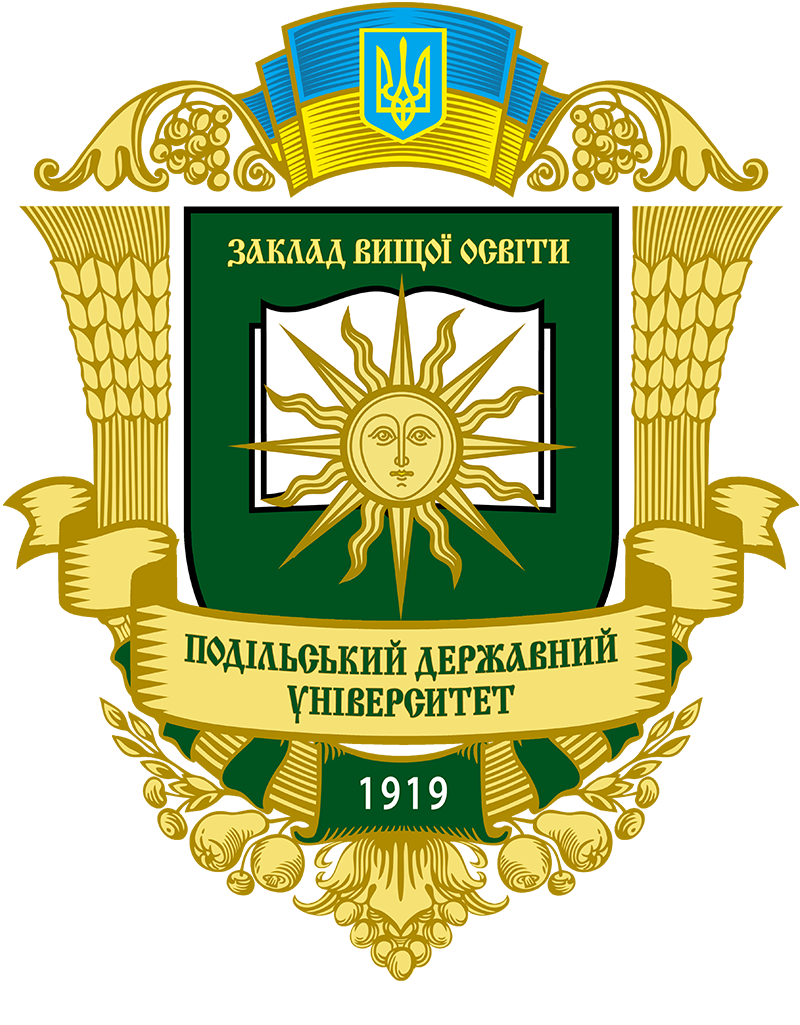USE OF ARTIFICIAL INTELLIGENCE IN TEACHING FOREIGN LANGUAGES IN HIGHER EDUCATION INSTITUTIONS
DOI:
https://doi.org/10.37406/2521-6449/2025-1-5Keywords:
artificial intelligence, intellectual activity, learning, platforms, risks, teaching foreign languages, technologiesAbstract
The article considers the concept of ‘artificial intelligence’, identifies its areas of application and emphasizes its particular effectiveness in the field of teaching and learning foreign languages. The author also considers the stages of development of this phenomenon among the latest technologies, philosophical aspects and its structural components.Artificial intelligence (AI) is a branch of computer science that deals with the development of algorithms and systems capable of performing tasks that usually require human intelligence. Such tasks include pattern recognition, speech and decision-making, learning, planning, natural language processing and many others. AI can be implemented using various methods, including machine learning, neural networks, optimization algorithms and others.AI systems are used to create personalized recommendations, which increases user satisfaction from using products and services. For example, personalized recommendations on streaming platforms or individual recommendations for students in the process of learning foreign languages, which helps to increase significantly their starting level at the subsequent stage of learning.Scientific research methods also allow us to conclude on the feasibility of using a number of educational platforms specified in the article for the purpose of mastering numerous foreign language skills.The work also highlights the basic principles of artificial intelligence for a better understanding of its functioning in the field of education. The article also touches on the moral and ethical problems of using artificial intelligence in learning foreign languages.A generalized analysis of scientific ideas regarding the role of artificial intelligence in the history of the development of modern society is made. Artificial intelligence in the form of purely technical platforms is used in practicing listening, reading, writing and speaking, but the effectiveness of each of them is determined, of course, with the experience of using them by students and teachers. We also take into account the numerous advantages of this technology indicated in the text of the article.
References
Kaku M. Parallel worlds: a journey through creation, higher dimensions and the future of the cosmos. Рublished by doubleday a division of Random House, Inc. DOUBLEDAY New York, London, Toronto, Sydney, Auckland. 2004. 428 р.
Kurzweil R. The singularity is near: when humans transcend biology. London. Penguin. 2006. 652 p.
Історія, сучасний стан та тенденції цифрового розвитку суспільства. Матеріали 10 Міжнародної Науково–практичної конференції «Глушковські читання» / уклад.: Р.М. Богачов, В.Д. Піхорович, А.Ю. Самарський, М.І. Сторожик. Київ, 2021. 283 с.
Міщенко В.І., Шимченко О.В. Штучний інтелект у долі людини: погляд з майбутнього. Філософія в сучасному світі: Матеріали 4-ї міжнародної науково-практичної конференції (м. Харків, 17-19 листопада 2023р.) /гол. ред. Я.В. Тарароєв. Харків: Національний технічний університет «Харківський Політехнічний Інститут», 2023. С. 77–80.
Порохова О.Є. Сутність і проблематика штучного інтелекту. Одеса, 2019, 30 с.








